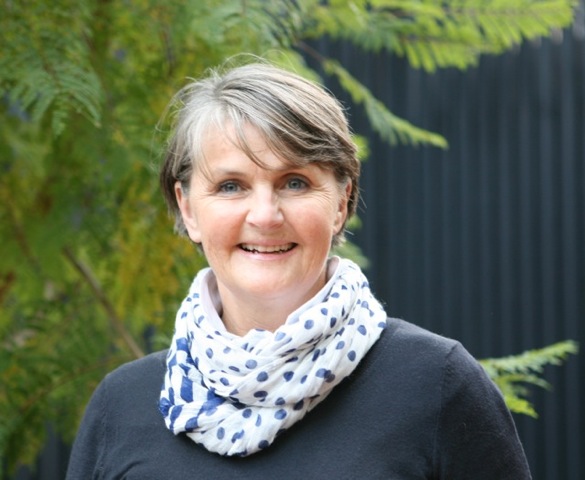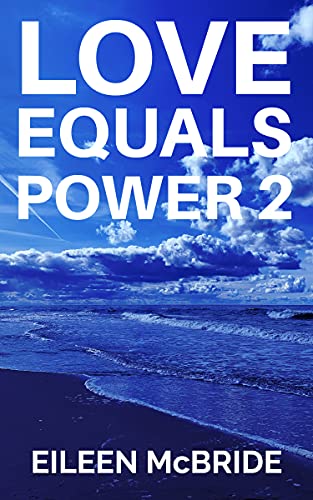My beautiful yoga teacher Roxanne continually encourages us to stretch our spine as far as possible, to push out our chests, and broaden our shoulders and hips to their fullest extent, urging us to take up our full space, to move into our fullness of being.
It feels surprisingly good to open, stretch and expand my body to its full extent, and then some. Of course this is what we are meant to be doing all the time. It should come naturally to us. But as I feel the stretch and expansion of my muscles and bones it makes me realize how foreign this is for my body, and how much of the time my spine, chest and shoulders are shrunken and drooping.
Shrinking and drooping is not just a physical malady. Tall people stoop to keep themselves from poking out above the crowd. We keep silent when we know we should say something. We stay small so that others don’t feel threatened. We build ourselves a box, a personae, and then spend the rest of our lives confining ourselves to its limits. We fear what others think.
Geneen Roth articulates this fear in her latest book Lost and Found, admitting to her own desire to shrink:
“My belief underneath all the other beliefs was that women - I - needed to hide, or at least tone down, the shine, the luminosity, the power; otherwise I’d be hunted, burned at the stake of other people’s envy.”
When I took a trip to Morocco a few years back, I learned that there was an important difference between Jewish and Muslim architectural customs. The Muslim approach was to make the outside of their houses totally plain white walls, with no embellishment or decoration which may give any hint to the financial status of the owners. The idea behind this, I was told, was a conscious effort not to rouse others’ envy.
In stark contrast, the Jewish houses had balconies, carvings and other decorations, because they desired to make their homes as beautiful as possible for everyone to enjoy.
The Muslim take on envy was completely new for me. I had never thought in these terms before, I had never really thought much about envy. I do not, on the whole, suffer from it, and thus I don’t think about it in others, and how others’ envy might affect me.
So where should the line between being our full selves, and not wanting to prompt an envious response in others, be drawn?
As with almost every aspect of life, intention is key. If we are true to ourselves, our full selves - with no desire to diminish others, with no desire to be either superior or inferior - we cannot go wrong.
When we stand in our truth, when we claim our right to take up all the space and oxygen to which we are entitled - nothing more, nothing less - we tacitly give the same right to others, and all are blessed.

